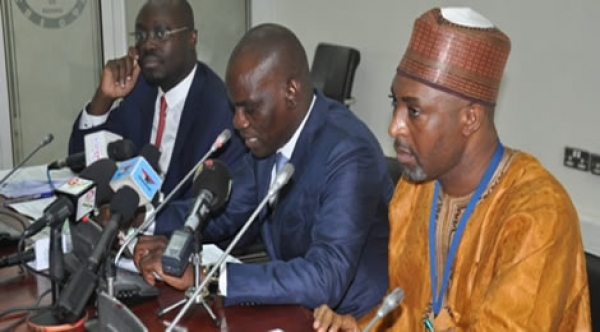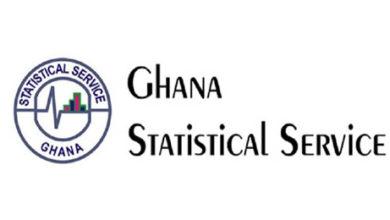NDC leadership to Minority MPs: Reject E-Levy or be punished

The leadership of the National Democratic Congress (NDC) has in a meeting over the weekend instructed Minority MPs to reject the much-talked about E-Levy when it is resubmitted in Parliament.
The opposition NDC has “unanimously agreed to do everything to prevent the E-Levy from being passed” in a bid to “undermine the government’s revenue mobilisation efforts.”
A reliable source present at the Ada meeting, which had in attendance the 2020 flagbearer John Mahama and other party leaders said the strategy is to “force the government of Nana Akufo-Addo to go to the IMF” for assistance.
“Any MP who fails to comply with the directive will be punished severely by the party’s leadership,” the insider told Asaase News.
The E-Levy would apply to mobile money payments, bank transfers, merchant payments, and inward remittances. It is aimed at widening the tax net as well as to rope in the informal sector.
E-Levy is a necessary evil, say economists
Meanwhile, economists, Courage Boti and Courage Kingsley Martey, have described the introduction of the electronic transaction levy (E-Levy) as a “necessary evil” that will help generate more revenue for national development.
They said despite the uproar by Ghanaians and a heightened call for the termination of the levy, all indications had pointed to the direction that the 1.75% tax would be implemented to rake in revenue for the country.
In an interview with the Ghana News Agency, Boti said, “no tax is palatable, no one really wants to pay tax so it’s normal for people to kick against it. It’s affecting all of us.”
“No government wants public outcry, which is actually noise to the market but in absence of that there’s no immediate alternative, and in the current time, we need a quick solution, so it [the e-levy] is more or less, a necessary evil,” Boti said.
“But if you don’t want it, give us the alternative, and that is what the Minority in Parliament, International Monetary Fund (IMF), Economists and market players haven’t done,” he noted.
Boti said: “We’re are at the stage where we all need to share the burden because if we don’t do it (raise much revenue this year), a lot of programmes and policies would come to a standstill and the intention to get the youth into entrepreneurship and create more jobs would also be affected.”
While urging the citizenry to help in the burden sharing, Boti, also urged them to ensure they held the Government accountable to its promises, including the YouStart entrepreneurship initiative, construction of hospitals, and roads.
Martey in a media discussion said, “it appears that the e-levy will be a reality because there are indications that they will now engage in a wider consultation to see to the acceptance of the e-levy, so you’ll ultimately see it passed.”
That, he said, “calls for a ‘plan B,’ … reducing the expenditure ceiling by 20%.
“The other one, which you may call a plan C is one that is not immediately realisable, which is the integration of our national identification system [Ghana card] with all the various sectors that enables you to identify who is earning what in the economy and not paying the corresponding tax that he or she ought to pay,” he added.
He was doubtful about the Ghana Revenue Authority’s (GRA) ability to generate the almost GHC7 billion revenue through the E-Levy for 2022.
As such, he urged the government to institute measures that would ensure that many Ghanaians paid enough direct taxes to correspond with their assets and income.
Meanwhile, the government has indicated that it was confident that the Revenue Assurance Compliance and Enforcement (RACE) initiative, launched in 2021 would help identify and prevent revenue leakages, and reinforce tax compliance.





